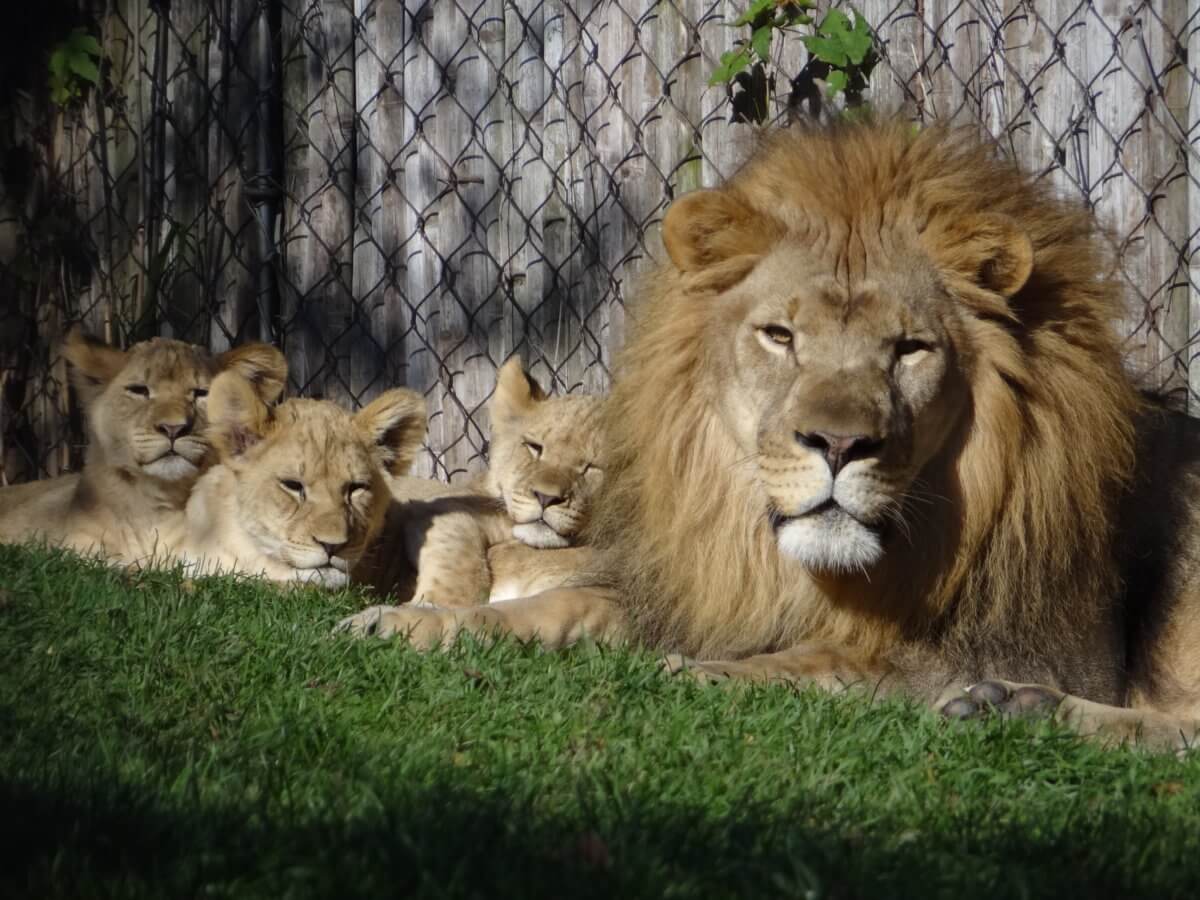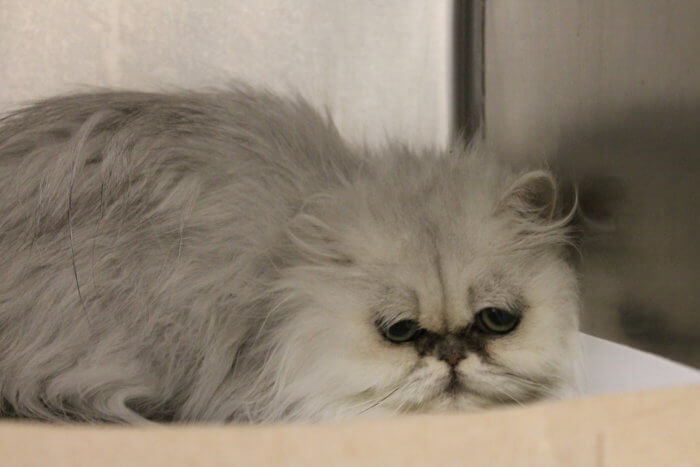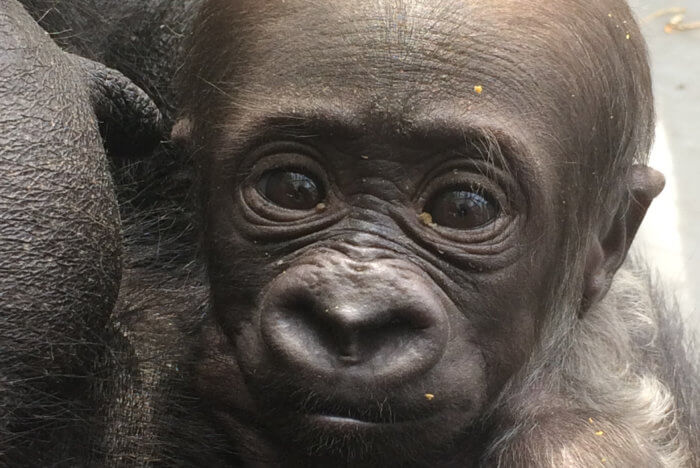Nearly five months after 4-year-old Tajiri, a female African lion at the Philadelphia Zoo, gave birth to four cubs, the entire family — dad Makini, 5, included — are on exhibit as a family.
Since mid-September, Tajiri and her young — Mali, Kataba, Sabi and Msinga — had been assimilating with their father through a mesh wall getting the new family used to one another.
“A lion mom normally separates from Dad and the main group in order to give birth,” said Kay Buffamonte, the lions’ keeper. “The cubs are born pretty tiny and they have to learn to walk and run. So when they are able to keep up with the group is when Mom rejoins with Dad.” Tajiri dictated when she would allow Makini to interact with their babies; this happens not only in a zoo environment, but in the wild, said Buffamonte.
“We start that on Mom’s timeline,” she added. “There’s roaring and verbal communication.”
And how is Makini doing as a new father?
“Dad’s been pretty tolerant,” Buffamonte said with a laugh. “He felt a little overwhelmed at first. They pull on his mane, pull on his tail. Just like lots of other families in the animal and human world, there’s learning.” And if Makini has had enough for the day, he can go back to the living quarters the family share. But mom Tajiri, also a first-time parent, hasn’t left the cubs’ sides.
“Mom never leaves,” Buffamonte said. “This mom is really vested in these kids. She’s really anchored. She has endless amounts of patience.”
The cubs, born in late June are already pushing 60 pounds. In another six months, they could be up around 150 pounds. The entire lion family can now be seen at the Philadelphia Zoo’s First Niagara Big Cat Falls. Facts about the family
Mom Tajiri weighs 315 lbs.
Dad Makini weighs 410 lbs.
The four cubs aren’t big in height or length, but are “really dense,” said Buffamonte. “Lions are very heavily muscled.”
That’s why they spend so much time lying (no pun intended) around, she added.
“They actually have to rest to conserve their energy,” she said, “for the short bursts of speed they need to hunt animals much faster than them.”
Dad joins lion brood at Philadelphia Zoo, new family now on exhibit

Philadelphia Zoo































